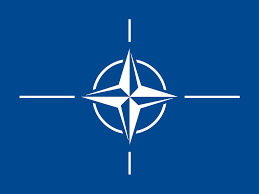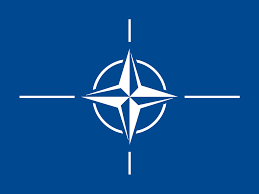Army Considers Establishing Dedicated Data Formations Amid Data-centric Warfare
As military operations evolve with the increasing reliance on data and technology, the U.S. Army is contemplating the establishment of specialized units dedicated to data management and analysis. This significant shift reflects the modern understanding that data is becoming as crucial to warfare as traditional ammunition.
General John Murray, head of the Army Futures Command, highlighted this emerging paradigm during a recent briefing. He suggested that just as the military has created units specifically for handling logistics, intelligence, and combat operations, it may be necessary to establish dedicated formations that focus solely on data.
“Data is the new ammunition,” Murray stated, emphasizing that the Army needs to adapt to a landscape where the ability to collect, analyze, and utilize data effectively can determine the success of missions in the future. He articulated a vision where data formations could enhance operational readiness and efficiency, ensuring that commanders are equipped with timely and accurate information.
Currently, the Army integrates data into many aspects of its operations, but the idea of dedicated formations could mean expanding these efforts significantly. According to Murray, the goal would be to optimize data use across all levels of command, improving decision-making processes and enabling faster responses in the field.
General Murray’s proposals come at a time when digital transformation is influencing the entire defense sector. He pointed out that the military must prioritize data management, particularly as adversaries also increasingly adopt advanced technology to gain an edge. In this environment, the Army could find itself at a disadvantage if it does not adapt and innovate in the realm of data management.
The concept of dedicated data formations is not without its challenges. There would need to be substantial investment in personnel training and the evolution of existing command structures to support these new units. Moreover, ensuring interoperability between data systems and maintaining cybersecurity will be critical as the Army navigates these changes.
As the Army explores these possibilities, it will also look to allies and partners who are advancing in data integration within their military operations. Collaborating on best practices could provide insights into developing effective data formations tailored to battlefield needs.
In summary, as the Army considers the implementation of dedicated data formations, it underscores the growing recognition that data plays an essential role in modern warfare. This evolution may not happen overnight, but the pursuit of data-centric units appears to be a key component in preparing the Army for the future of combat where information is a fundamental asset.
Source


